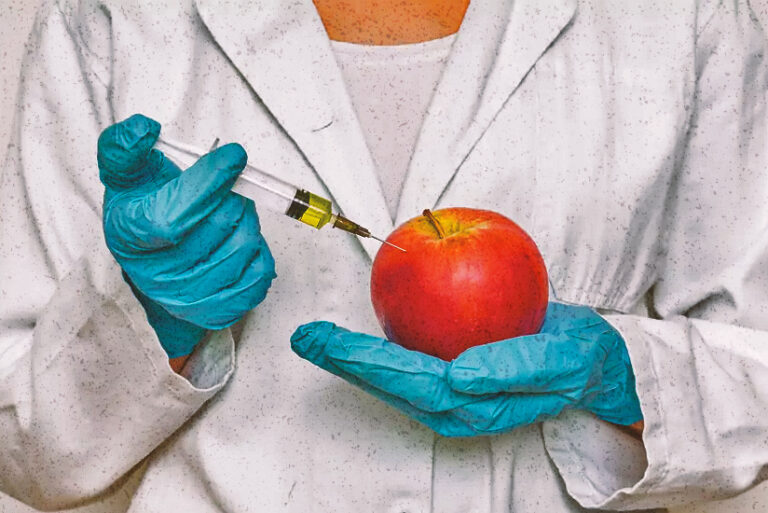By Henrylito D. Tacio
Photos by Rhoy T. Cobilla
“Good food, good sex, good digestion, good sleep: to these basic animal pleasures, man has added nothing but a good cigarette.” – Mignon McLaughlin
***
The plant was intended for healing. But when it was discovered by the outside world, it was used for entertainment and other purposes.
Tobacco, known in the science world as Nicotiana tabacum, is a case in point. In the Amazon, where it originated, tobacco was generally portrayed as a “master plant.” It was used as the main curing tool of healers, according to a study published in Frontiers in Pharmacology.
“For the Amazonian natives, the link between medicine and tobacco is so basic, that the generic term for ‘healer’ in several local languages is etymologically linked to the word for ‘tobacco,’ for instance for the Yuracaré people, literally means ‘he who eats tobacco,’” wrote the researchers in their paper.
The Amazonian Keshwa people described tobacco as the “father of all plants.” Other natives from the area called it the “director of all medicinal plants.”
“In light of these descriptions, it seems striking that this plant in the rest of the world is used as a recreational drug, with tobacco smoking being the most prevalent addictive behavior across the planet,” the researchers noted.

It was Christopher Columbus, who was credited for popularizing it. After discovering America in 1521, he brought a few leaves and seeds with him back to Europe. Dr. Anne Charlton, author of “Medicinal uses of tobacco in history,” published by the Journal of the Royal Society of Medicine, noted: “Columbus noted that dried leaves (of tobacco) were carried by a man in a canoe near the island of Ferdinandina because they were esteemed for their healthfulness.
“In the same year, two members of his crew observed people in what is now Cuba carrying a burning torch that contained tobacco, the purpose of which (it later emerged) was to disinfect and help ward off disease and fatigue,” Charlton added.
History records showed that tobacco was introduced into the Philippines during the era of Spanish colonization when the Augustinians brought some seeds for cultivation. In 1686, William Dampier visited Mindanao and observed that smoking was already a prevalent custom.
But it wasn’t in the late 19th century that cigarettes became popular. Thanks to the machine invented by James Bonsack, which automated cigarette production. The increase in production paved the way to the tremendous growth in the tobacco industry.
These days, tobacco carries a lot of negative baggage. Tobacco “has always had negative press,” Danny Ebelhar, an American tobacco farmer from Owensboro, was quoted as saying by Bloomberg News. “But now, it may come back to be a benefit to mankind.”
Tobacco leaves and the smoke generated when they are burned contain over – hold your breath! – 4,000 chemicals, the best known of which is nicotine (named after France’s Jean Nicot). It is said that nicotine causes smokers to become addicted to tobacco. The chemical is lethal, even in small doses.
Yet, in certain neurologic and psychiatric conditions, medical science has found nicotine to have useful therapeutic effects.
“Nicotine has long been a useful tool for researchers interested in probing the nervous system. Although the health risks associated with its intake via tobacco products has tended to tarnish society’s view of nicotine, it is important to recognize that nicotine may have therapeutic potential with a number of disease states,” pointed out Dr. Ovid Pomerlau, director of the Behavioral Medicine Program at the University of Michigan.
There are studies, mostly conducted in the United States, which showed that nicotine can normalize some of the psychophysiological deficits seen in patients with schizophrenia, a long-term mental disorder characterized by loss of contact with reality, hallucinations, delusions, and abnormal thinking.

There’s this intriguing data suggesting that very low doses of nicotine can have dramatic effects in controlling the symptoms of Tourette’s syndrome, a rare neurologic disorder characterized by physical tics and uncontrollable vocalizations which are often filled with obscenities.
“Most patients with Tourette’s syndrome are treated with a neuroleptic (anti-seizure) agent of some sort, and generally respond well to this approach. But there are a certain number of patients that are not as responsive to neuroleptics and need some further help. Our studies suggest that these patients may be helped by nicotine therapy,” said Dr. Paul Sanberg of University of South Florida.
Just like water, tobacco can be likened to that of the fictional characters, Dr. Jekyll and Mr. Hyde. Smoking tobacco can cause various health problems but it does lower risk of Parkinson’s disease, a slowly progressive degenerative disorder of the nervous system. That’s according to a well-conducted study published in the journal Neurology in 2010.
“Far from determining a case for the protective effect, these researchers found that the number of years spent smoking, more so than the number of cigarettes smoked daily, mattered more for a stronger protective effect,” Christopher Wanjek wrote in an article published on the website of Live Science.
Another good news: smoking lowers risk of obesity, a medical condition in which excess body fat has accumulated to the extent that it may have a negative effect on health. Thanks to nicotine, which researchers found out to be an “appetite suppressant.” Result of the study was published in the journal Physiology & Behavior in 2011.
Gab Buganan, a journalist who has written some features on the benefits of tobacco, said tobacco can relieve allergies. “A poultice of tobacco leaves placed on skin inflammations can help soothe itching and mild pain,” he wrote. “The nicotine in tobacco is responsible for drawing out the allergens and repairing the skin until it’s back to normal.” – ###








